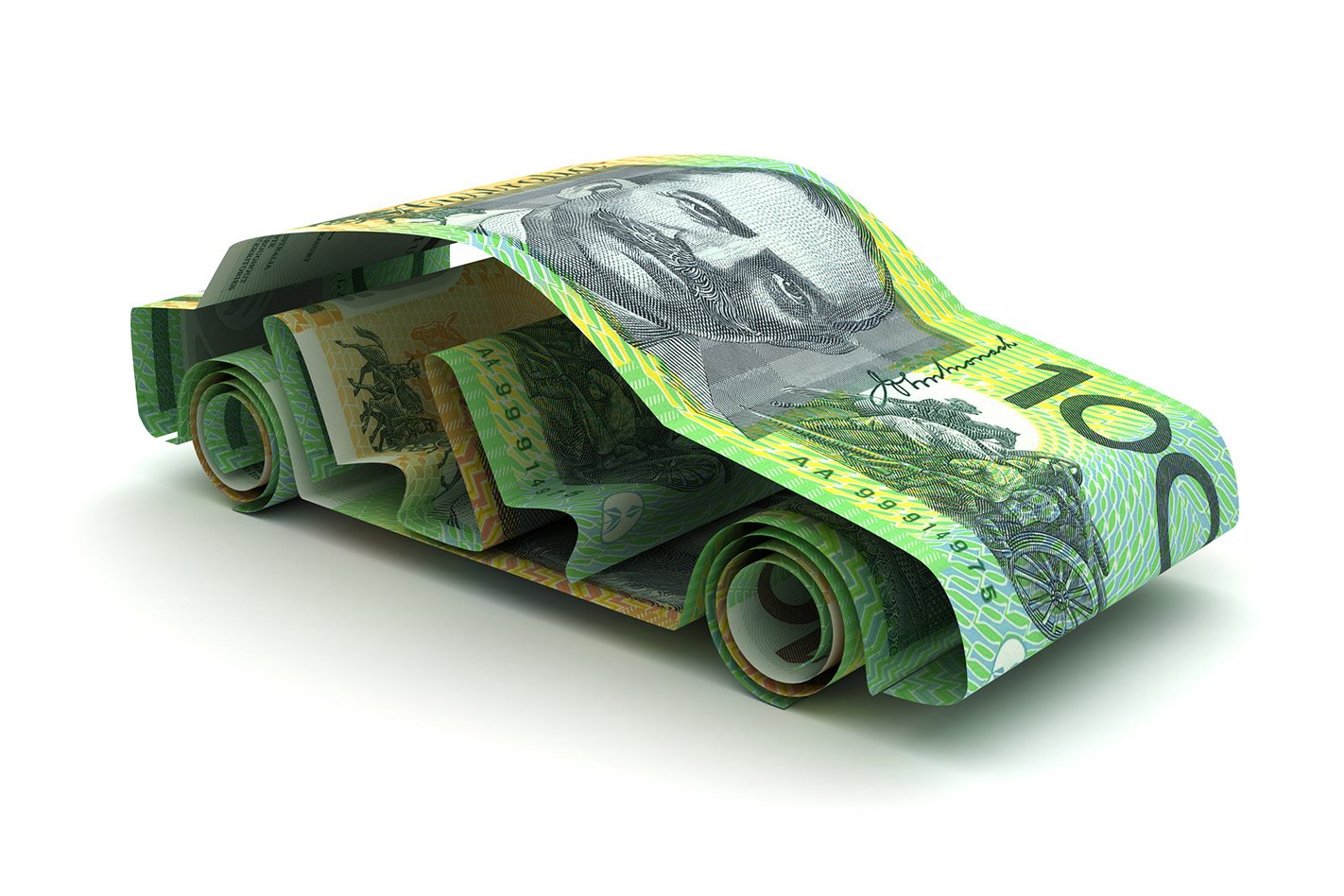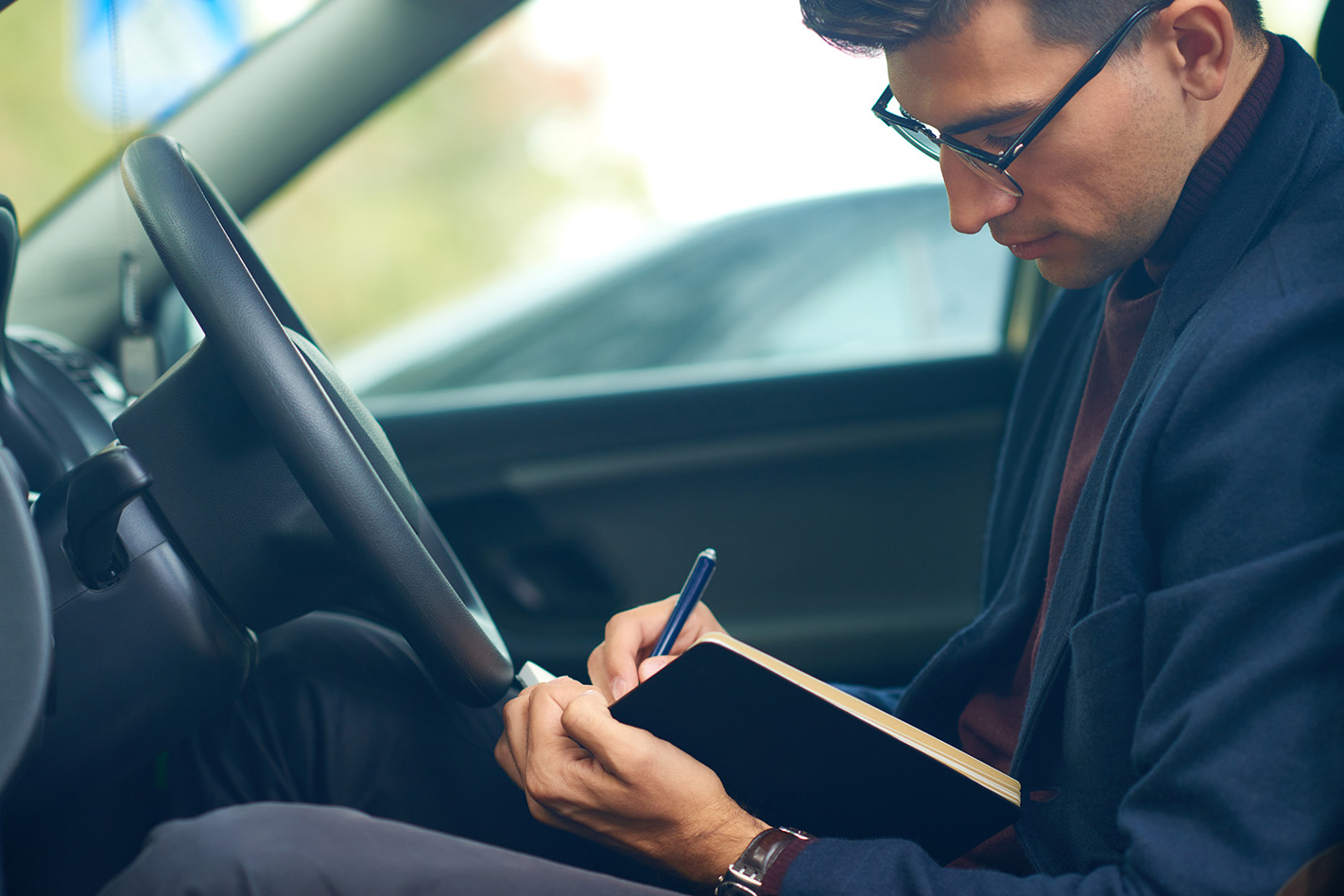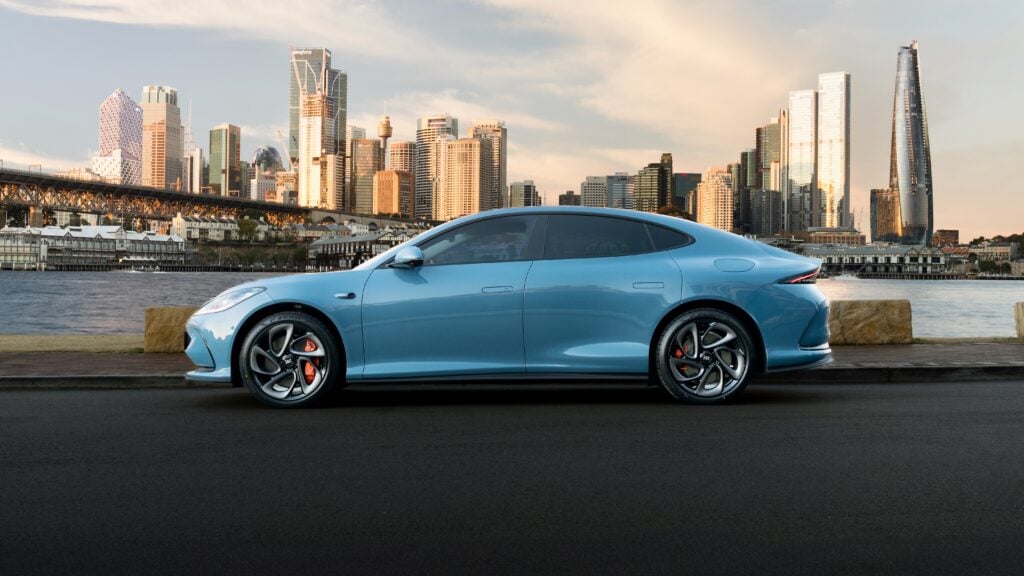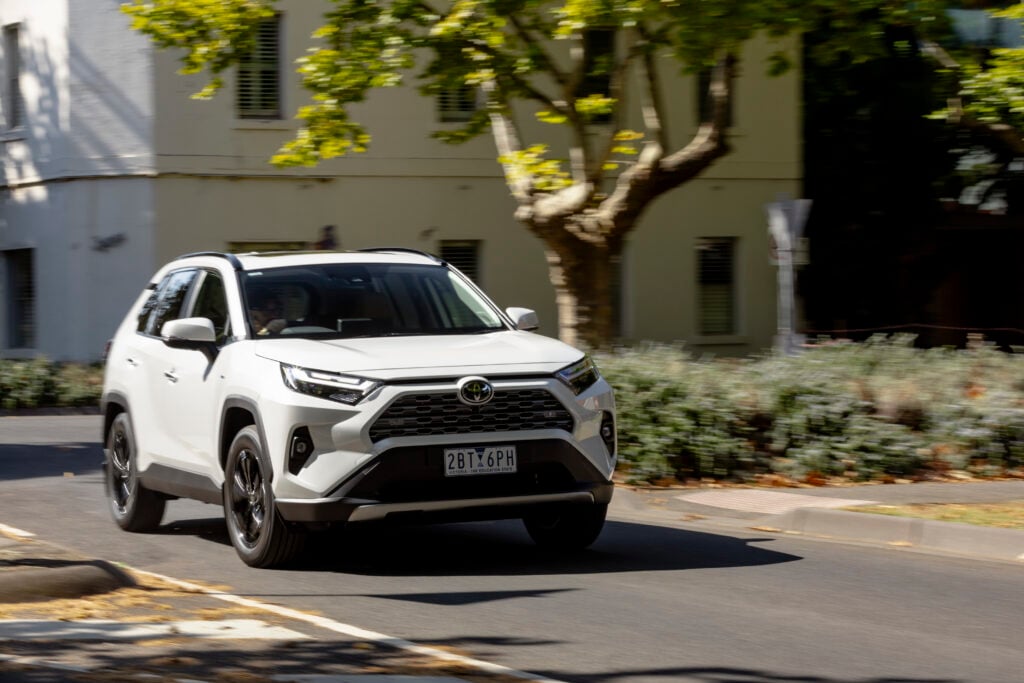
If you use your vehicle for work, chances are you’ll be able to claim back associated costs. And you won’t be alone, with car-related expenses accounting for about 40 percent of all work-related deductions.
Needless to say, this is one of the areas that the Australian Tax Office (ATO) will be cracking down on come tax time, which could see you cop a fine of up to $4200 should you provide any misleading information.
Confessions of a car dealer: the five top tips for getting the best deal
Many people trip up over car-related expenses, meaning they risk being penalised even if they didn’t intend to mislead the ATO. On the other hand, many car owners don’t know about all of the car tax deductions they are entitled to claim.

According to the ATO, you’re entitled to claim your car-related expenses for using your own car to perform work duties such as:
- Carrying bulky tools or equipment (such as an extension ladder or a cello) that your employer requires you to use for work and there is no secure storage available at work
- Attending work-related conferences or meetings away from your normal workplace, delivering items or collecting supplies
- Travelling between two separate places of employment, but not if one of the places is your home (for example, when you have a second job)
- Travelling from your normal workplace to an alternative workplace (that isn’t a regular workplace) back to your normal workplace or directly home
- Travelling from your normal workplace or your home to an alternative workplace that is not a regular workplace – for example, a client’s premises
- Performing itinerant work.
“Any money you earn from renting out your car is considered taxable income and must be declared on your tax return,” says Will Davies, CEO of car sharing platform Car Next Door.
“But you can also claim expenses for the portion of your car costs that relate to the rental activity, or a simple 68 cents for every kilometre your car is driven by borrowers.”
What are the most common car-related tax deduction mistakes?
Of course, it’s equally important to know what you can’t claim, with many people thinking that just using their car to get to work is a tax-related expense.
“Claiming your normal travel to and from work. This isn’t claimable, even if you do a small work-related task like picking up the mail,” says Davies. “Even if there’s no public transport available when you head home after working overtime, it’s not claimable either.”
Another common ‘mistake’ people make is claiming tax deductions from the ATO for things without providing proof, such as carrying equipment where it is not required by your employer.
“If you can’t prove this is required by your employer or there’s no safe place to store your equipment at work, then it’s not claimable,” Davies explains.
The ATO will also pounce on anyone claiming expenses associated with a company car or car purchased on a novated lease which has been already been paid for by your employer through expenses or salary sacrificing. In short, don’t double-dip!
Claiming expenses without records to back them up is another common mistakes car owners make. The ATO allows you to claim up to 5000km of work-related travel at 68c per kilometre.
“But this is not a free pass,” says Davies. “You must be able to provide documentation.”
According to the ATO, you may need to provide written evidence to show how you worked out your business kilometres (for example, by producing diary records of work-related trips).

Another way to document work-related travel is the ‘logbook method’ which requires you to keep a continuous record of travel and associated expenses such as fuel, backed by receipts. Keeping a constant record is hard work, but it could pay off of you do a lot more than 5000km for work.
There are also ATO-approved logbook apps available for smartphones that not only log your trips but can calculate your return for you.
One thing you can claim that many people overlook is vehicle depreciation. If you use your car for work or rent it out, ask your accountant about how you should calculate depreciation as it may add thousands to your allowable deductions.
You can even claim expenses as a result of an accident that causes damage to another vehicle if the accident occurred during the course of your employment (but not just getting to work).
It’s worth noting that the above ‘car expenses’ don’t include other vehicles such as motorbikes, vehicles that can carry one tonne or more, or vans that can carry at least nine people.
If unsure about car and other vehicle-related tax deductions it’s best to consult a qualified tax accountant or contact the ATO.




